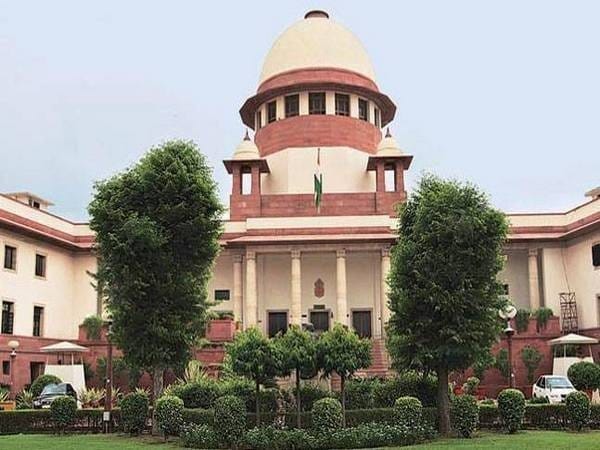
Supreme Court: Not All Private Properties Fall Under ‘Material Resources of the Community’
*New Delhi, November 5* — In a significant ruling, the Supreme Court of India, by a majority of 8:1, held that not all private properties qualify as 'material resources of the community' under Article 39(b) of the Constitution, which mandates the equitable distribution of such resources by the State as part of the Directive Principles of State Policy.
The 9-judge bench, headed by Chief Justice of India DY Chandrachud, included Justices Hrishikesh Roy, B.V. Nagarathna, Sudhanshu Dhulia, J.B. Pardiwala, Manoj Misra, Rajesh Bindal, Satish Chandra Sharma, and Augustine George Masih. The majority judgment was penned by Chief Justice Chandrachud, with Justice Nagarathna offering a partial concurrence and Justice Dhulia dissenting.
CJI Chandrachud, in his detailed pronouncement, clarified that while some private properties could theoretically come under Article 39(b), this would only be the case if they were of significant material importance to the community as a whole. The Court rejected an expansive interpretation previously suggested by Justice Krishna Iyer in *Ranganath Reddy* and adopted by Justice Chinnappa Reddy in *Sanjeev Coke*.
“The phrase ‘material resources of the community’ may include privately owned resources. However, not every resource owned by an individual qualifies merely by being material in nature,” stated Chief Justice Chandrachud. He emphasized that determining whether a resource fits within the ambit of this constitutional provision requires analyzing its nature, its impact on community well-being, resource scarcity, and the implications of its private concentration. The public trust doctrine may also be applied in such assessments.
The Court also ruled that a single sentence in the *Mafatlal* judgment implying that privately owned resources could be included under ‘material resources of the community’ was not binding as part of the ratio decidendi.
CJI Chandrachud noted that the framers of the Constitution did not intend to tie India to any single economic doctrine, countering views rooted in particular economic ideologies, as seen in earlier judgments by Justices Iyer and Reddy.
In addition, the bench unanimously affirmed that Article 31C, as upheld in the landmark *Kesavananda Bharati* case, remains in effect, allowing laws enacted to enforce Directive Principles under Articles 39(b) and 39(c) to override fundamental rights, provided they do not violate the basic structure of the Constitution.
This judgment delineates the boundary between private ownership and public resource distribution, underscoring the nuanced approach required when applying constitutional principles to property and economic policy.
